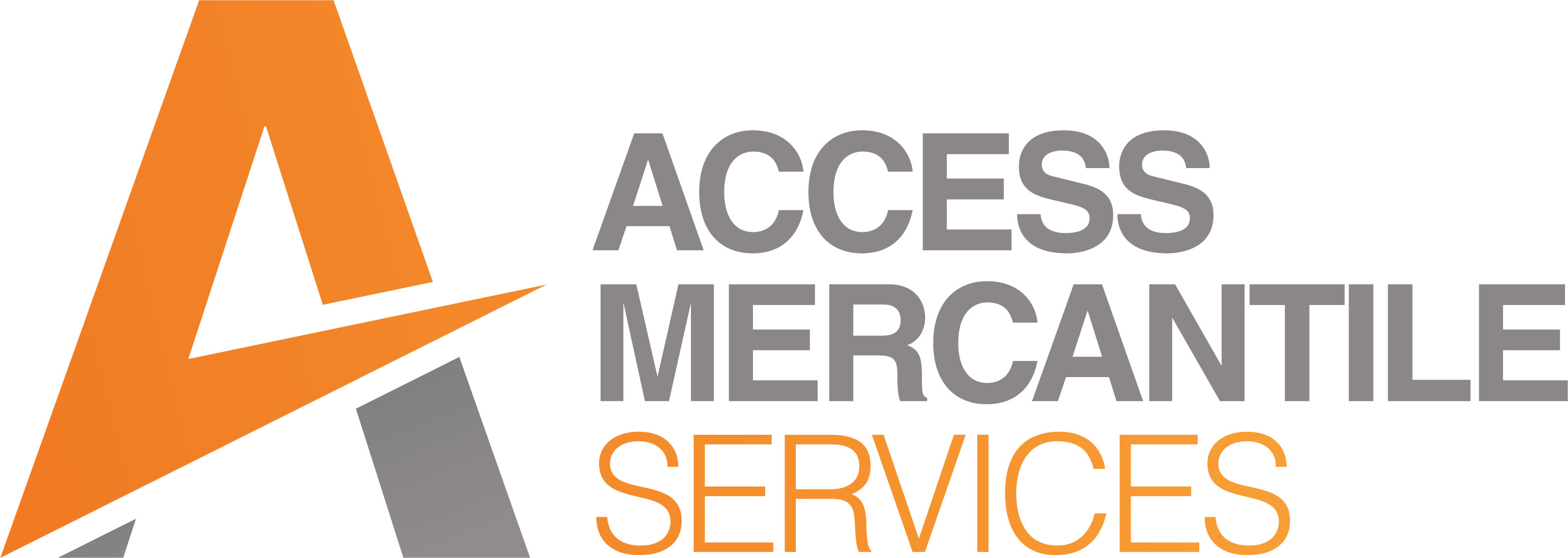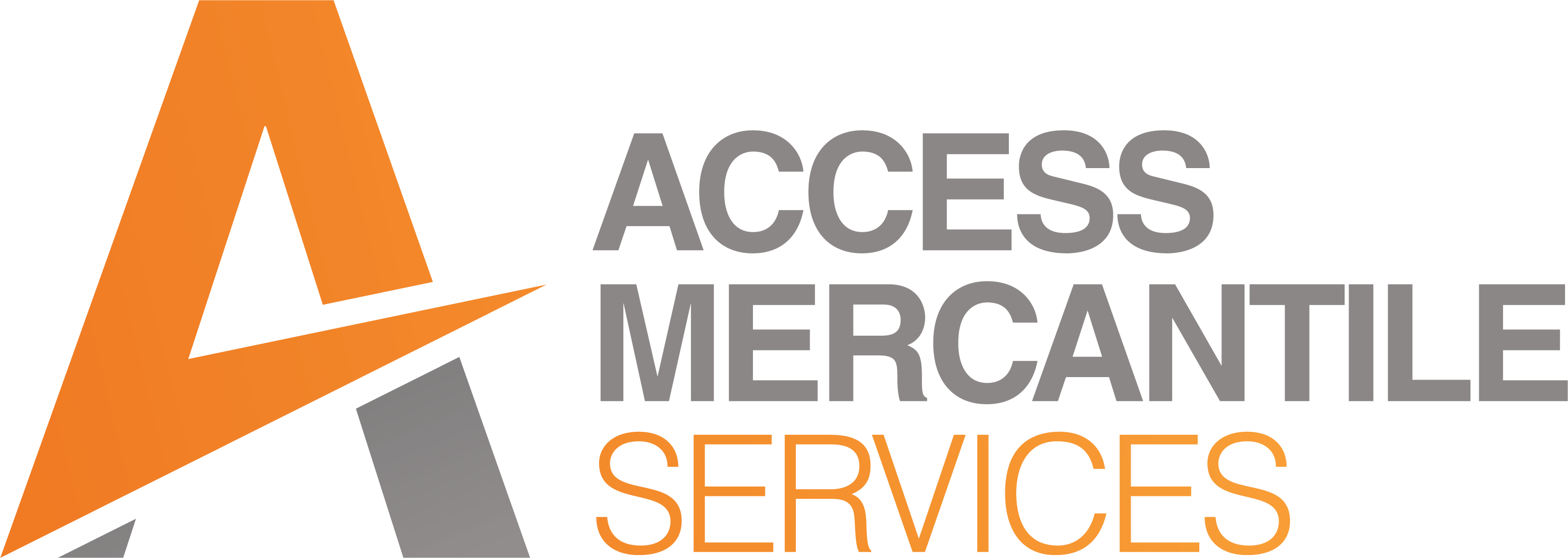While Australia is by no means out of the woods as far as the impact of the COVID pandemic is concerned, now is a great time to think about what changes you may want to make to your future credit management strategy.
Late payments, which had already been a growing issue in recent years, have caused a large amount of disruption to business in Australia since the pandemic started. While some late payments are inevitable, taking a proactive approach to credit control will have a positive impact and could prevent some late payments down the line.
Here are 3 areas you may want to consider rethinking for the post COVID world.
Changes in consumer communication
Despite the fact that nearly every delinquent customer has a phone, they typically do not answer calls, preferring instead to communicate (and pay) in their own time, on their own terms. They are quite adept at using smarter call-screening technology.
A McKinsey study found delinquent customers expressed a preference to be contacted primarily by email and text message. It also found customers who pay in full, doubles when they are contacted through digital channels.
There is still a place for calls and letters (traditional communication) to be used, (for example for compliance and regulatory considerations).
The collections operating model should be structured to allocate collectors in proportion to customer needs.
Finding the right balance
Before the pandemic, it’s likely you had a clear idea around what you were willing to accept from your customers in terms of payment delays. Maybe you had a customer that always paid a few weeks late, and because you knew that you factored it into your cash flow plans and it did not bother you too much.
Since the arrival of the pandemic, many businesses were forgiving and understanding, often offering payment holidays, but payment deferral is not sustainable long term.
Given we have to live with ongoing COVID disruption, now is a good time to consider not only how tolerant you want to be, but how tolerant you can afford to be going forward, and work on developing a strategy for how best to handle late paying customers without damaging valuable relationships.
Using an integrated credit management recovery model
Many businesses are still using step based approach to collections that were created by process flows. Often time based, these process flows looked at collections as individual activity, and once time passed, moved onto the next, often escalated, activity.
Using a traditional approach increases the time it takes to recover payment, and the longer time passes, the chances of recovery decreases. If a customer ignores telephone contact in the beginning, it is likely they will continue to ignore contact for the next 90 days while your team continues activity based collections. That’s 90 days lost.
Using an integrated collections model which gives you access to the full spectrum of collection, which should include skip tracing, field, and legal services, has shown to effectively reduce delinquency and maximise recovery and performance on bad debt.
This is because using an integrated model gives flexibility to adapt to customer behaviour, rather than focus on ‘the activity in the process flow.’
About Access Mercantile
Experts in the credit management ecosystem, Access Mercantile Services have knowledgeable, dedicated and specialised resources to ensure we keep your customer engaged and protect your brand. With a fully integrated end to end credit management model, underpinned by innovation and technology, we act quickly and with agility to deliver a high success rate for your business. Access Mercantile is ISO accredited, fully compliant and industry affiliated.



